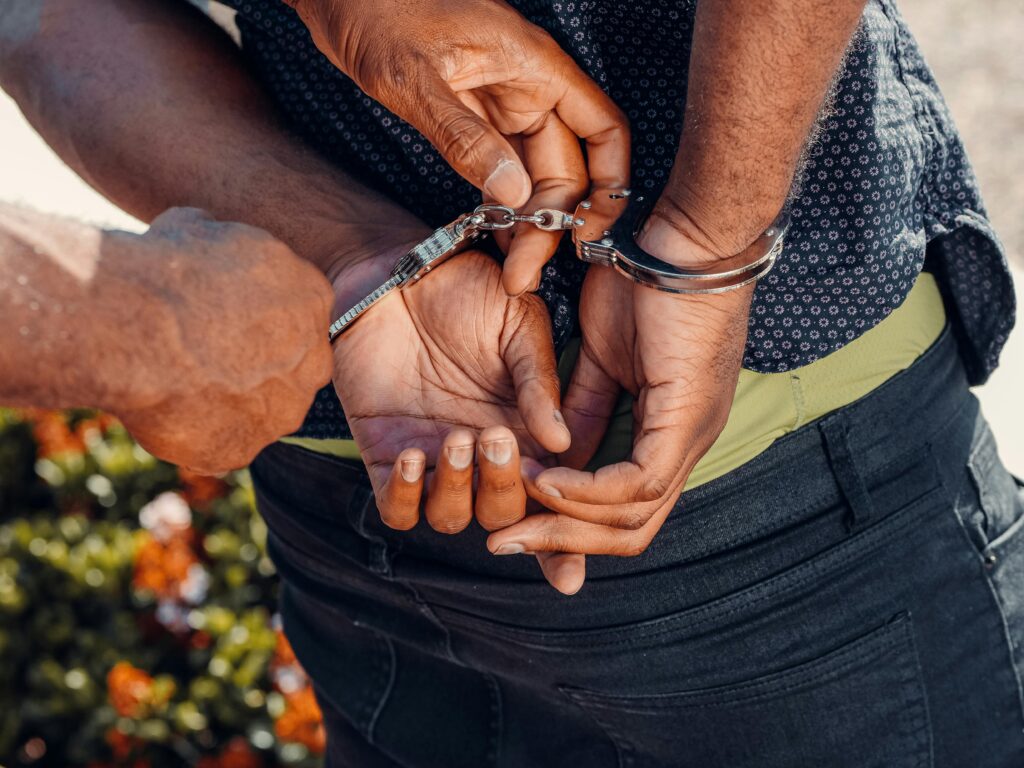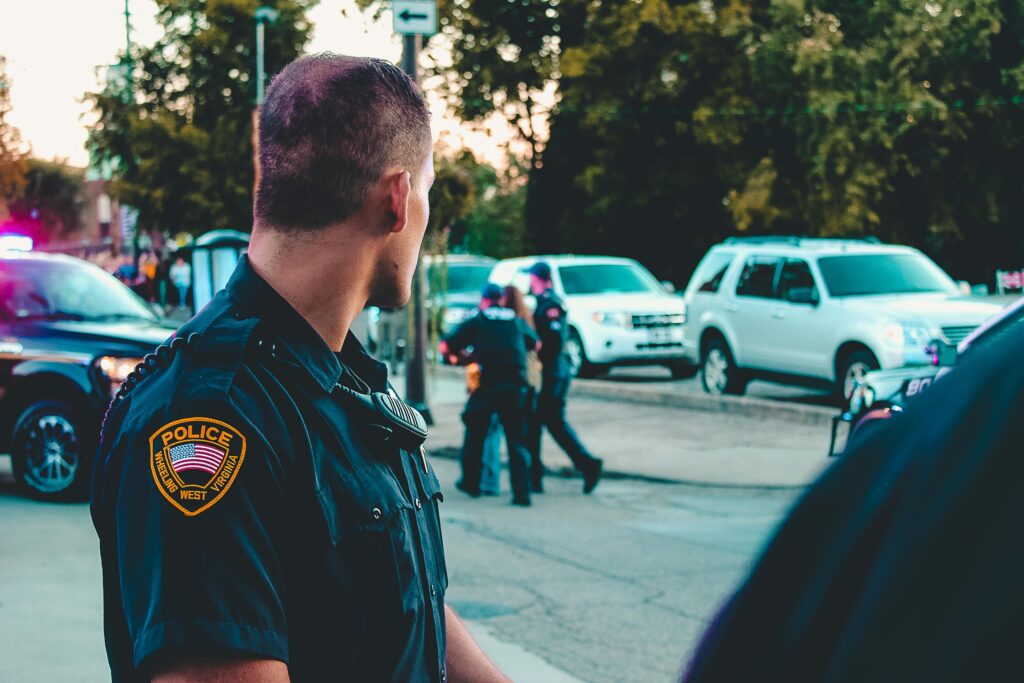Getting arrested is one of the most stressful things that can happen to anyone.
You may not know what to say, how to react, or even what your rights are. But staying calm and understanding what’s happening around you can make a huge difference. This guide will help you navigate the early moments of an arrest — what to expect, what you can do, and what the police are legally allowed (and not allowed) to do.
An arrest means you are being taken into custody by the police because they believe you’ve been involved in a crime. It can happen with or without a warrant, depending on the type of offence.
According to Section 46 of the Criminal Procedure Code (CrPC), the police may arrest someone by touching the body or confining the person, and in certain cases, even use handcuffs — but only if necessary.
There are two basic kinds of offences you need to understand in this context:
| Type of Offence | Description | Can Police Arrest Without Warrant? |
| Cognizable Offence | More serious crimes like theft, assault, rape, murder | Yes |
| Non-cognizable Offence | Less serious like defamation, public nuisance | No — they need Magistrate’s permission |
Once arrested, you have the right to know why you are being arrested. This is not just good practice — it’s a legal right under Article 22(1) of the Constitution and Section 50 of CrPC. The police must inform you of the grounds of arrest and whether the offence is bailable or not.
If you’re arrested for a bailable offence, you can ask the police to accept bail and release you from the station itself. For non-bailable offences, you may need to approach the Magistrate for bail. For more on how this works, you can refer to our simple explainer: Bailable vs Non-Bailable Offences – What It Means for You.
Another crucial right is that the police must allow you to inform a family member or a friend about your arrest. This is mentioned in Section 50A of CrPC, and it ensures that someone outside the system knows where you are.
In many cases, especially when the arrest feels unfair or sudden, the first instinct is to argue or resist. But doing so can worsen the situation. It’s better to remain calm and cooperative while firmly asserting your rights.
If you are being arrested without an FIR, or you don’t know what you’re being charged with, ask the officer to clarify. If they refuse to answer or mistreat you, note down their name, badge number, or record details as soon as you can.
If you or someone you know is arrested suddenly and you don’t even know where the FIR was filed, you may want to read: What Happens After You File an FIR? Step-by-Step.
Police can also question you after arrest, but you are not required to confess or self-incriminate. This protection is given by Article 20(3) of the Constitution which says no one can be forced to be a witness against themselves. Any confession made under threat, promise or pressure is not admissible in court.
If the police try to misuse their powers or refuse to register your side of the story, our guide on How to Get Police Help When They Refuse to File Your Complaint can help you respond legally.
Once you’re arrested and taken to the police station, there are some key rights and processes you should be aware of. The most important is that the police cannot keep you in custody for more than 24 hours without presenting you before a Magistrate. This is mandated by Section 57 of the CrPC and is meant to prevent illegal detention.
You also have the right to consult a lawyer. If you cannot afford one, the police are required to arrange legal aid at State expense. This protection is guaranteed under Article 39A of the Constitution, and is especially important if the accused is vulnerable, poor, or doesn’t understand legal procedure.
At the police station, a medical examination must be conducted, particularly for longer detentions or in case of visible injuries. This ensures transparency and protects you from being harmed in custody. The details of your arrest, including time and reasons, must be entered in the station diary.
If you’re at risk of being arrested and want to prevent it in advance, there’s a legal remedy called anticipatory bail, which you can apply for under Section 438 of CrPC. This is especially useful when someone fears arrest in a case that’s not yet registered or still under investigation. If this applies to you or someone you know, read: What Is Anticipatory Bail and How to Apply for It.
The police may try to question you but remember — you have the right to remain silent, and you’re not obliged to say anything that could be used against you. Forced confessions or statements made under pressure hold no legal weight as per Section 24 of the Indian Evidence Act.
If someone close to you has been arrested, it’s your right to ask the police station where they are being held and request access. You may also apply for regular bail through a lawyer if the offence is bailable or seek a hearing in front of the Magistrate if it isn’t.
Being arrested can be frightening, but it doesn’t mean you’re powerless. Staying informed, calm, and legally aware makes a real difference. To understand how to stay legally protected even if the police act without solid proof, don’t miss: Can You Be Jailed Without Evidence? Know Your Rights.
Quick FAQs
1. Can I call someone after being arrested?
Yes. Under Section 50A CrPC, the police must inform your family or a friend.
2. What happens if the police don’t present me in court within 24 hours?
That’s illegal. You can file a habeas corpus petition in the High Court or Supreme Court.
3. Is anticipatory bail available for all offences?
No. It depends on the nature of the offence. It’s not allowed in certain serious cases like rape or terrorism.
4. Can I be forced to confess?
No. Confessions under threat or pressure are not valid in court.
5. Can the police deny me access to a lawyer?
No. Denying legal aid is a violation of constitutional and procedural rights.



